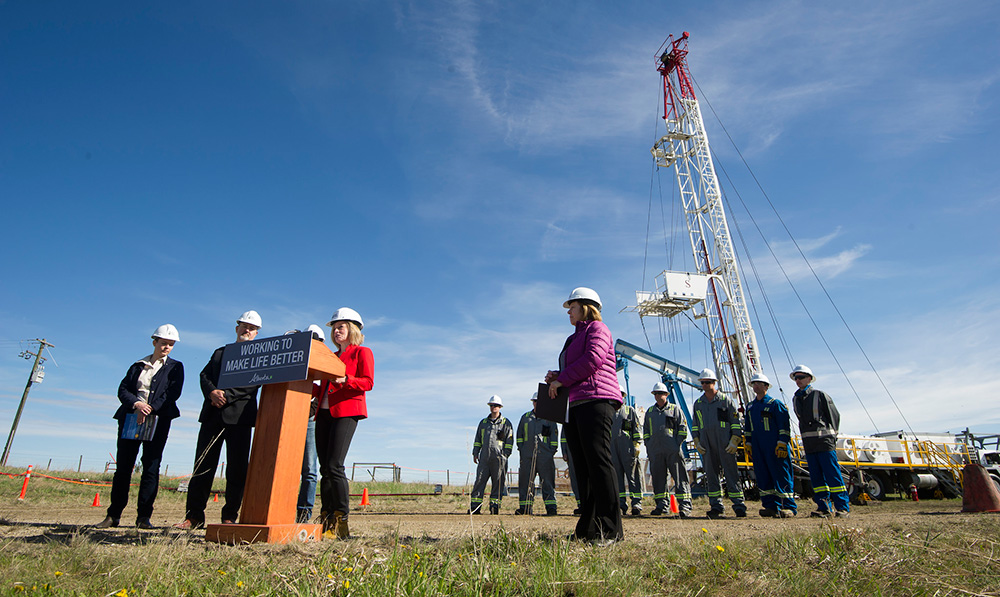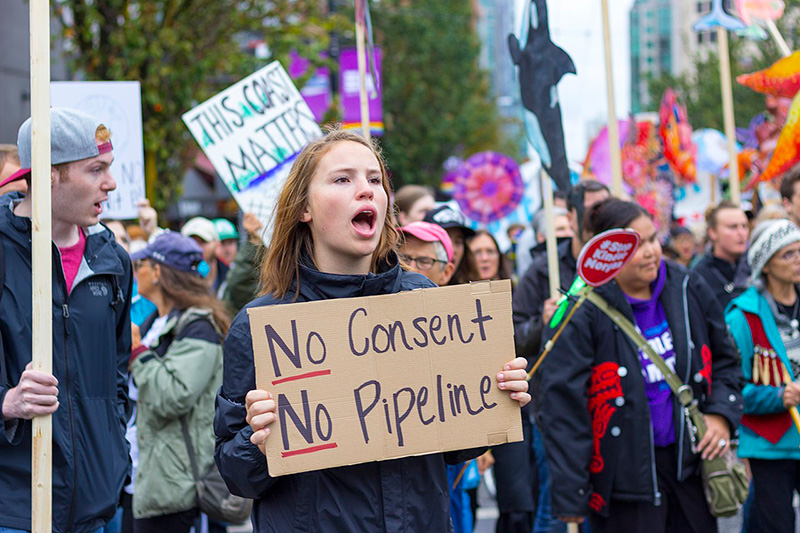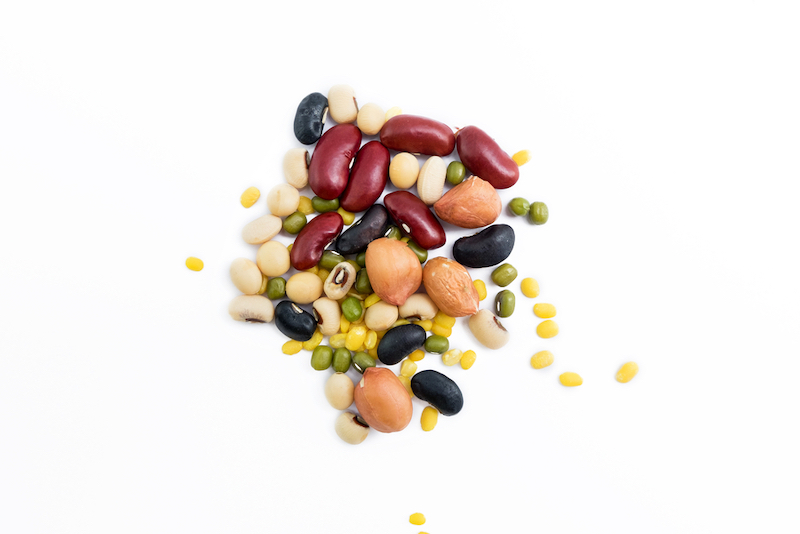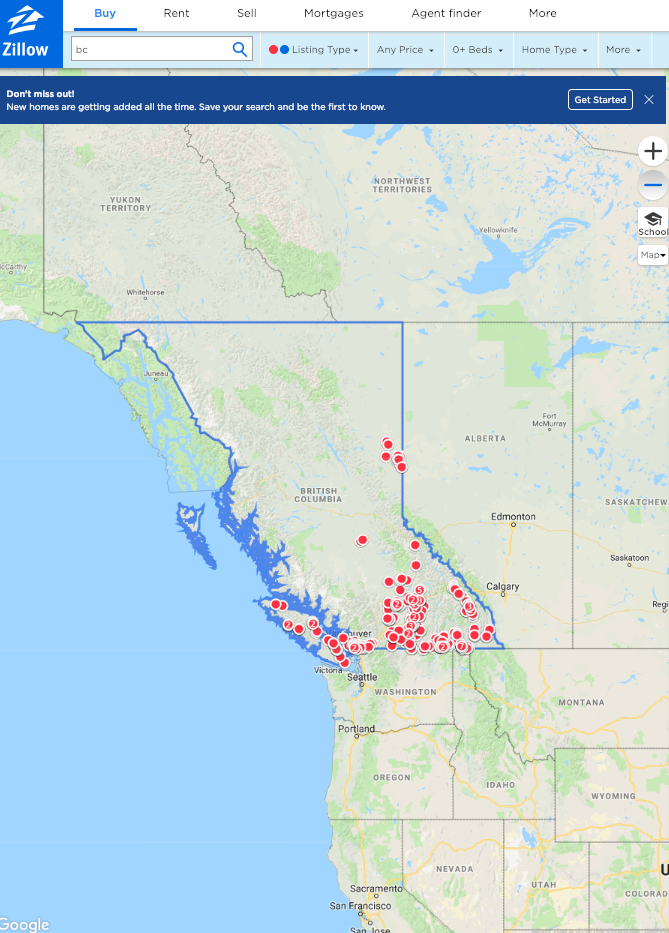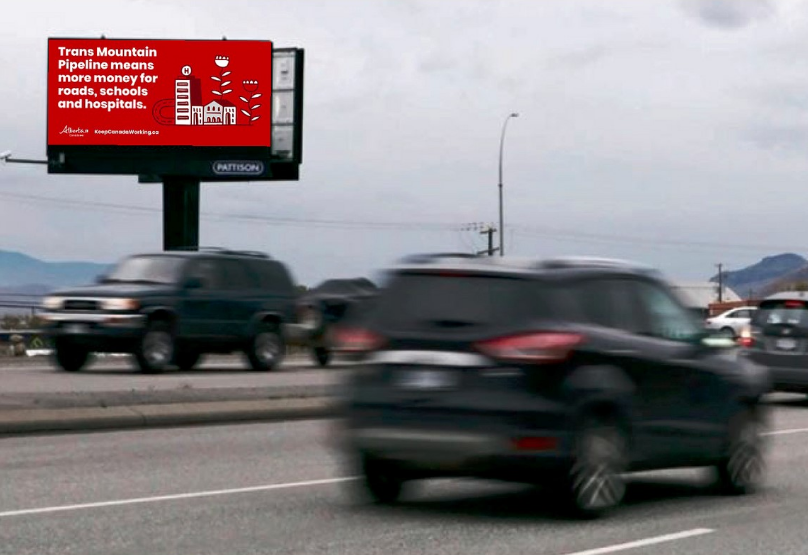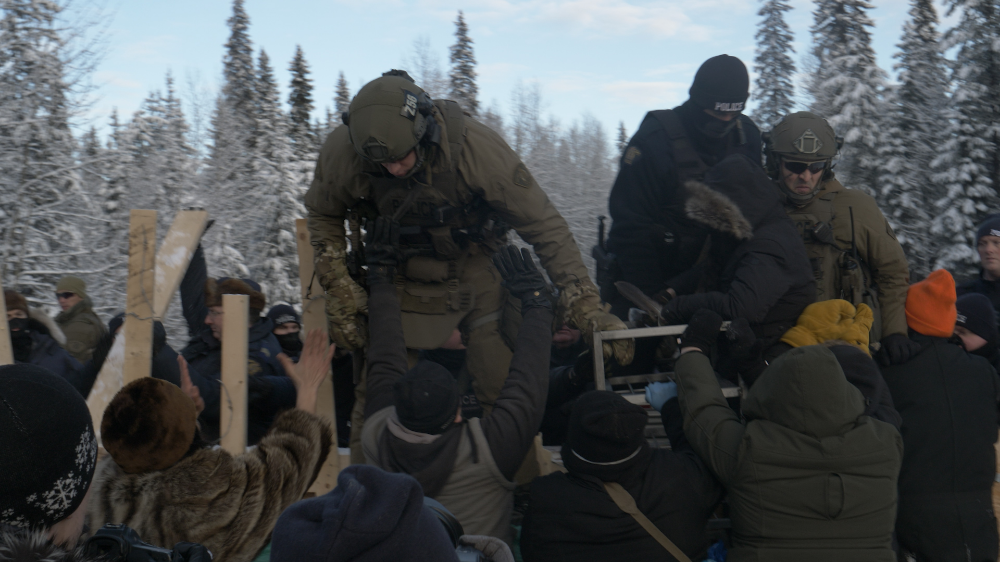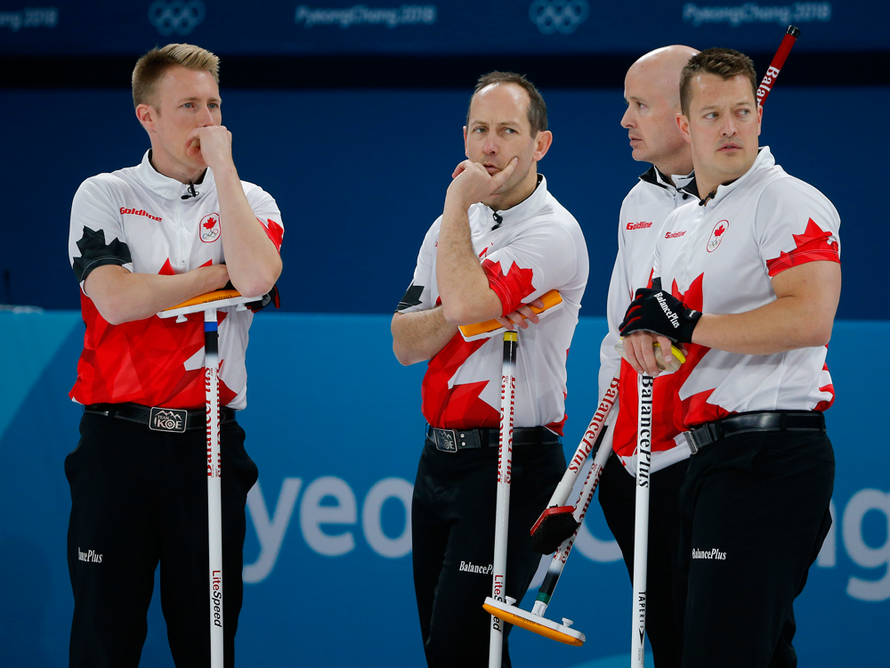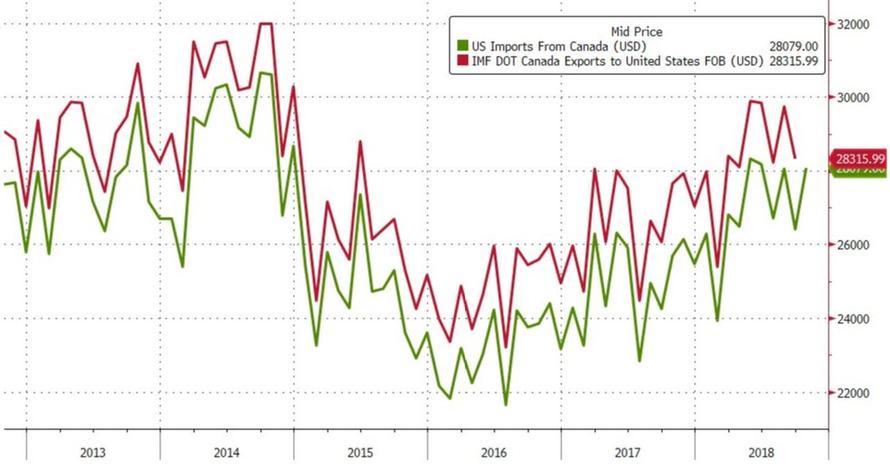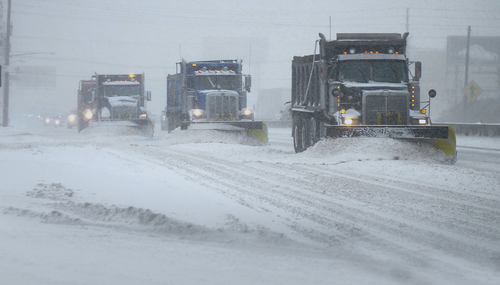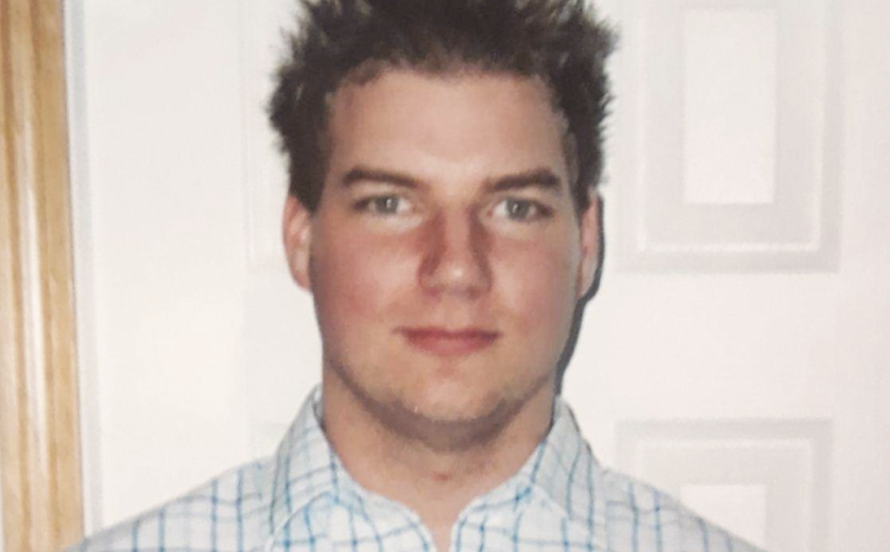Secretary of State Mike Pompeo has joined with the chorus of Western countries supporting Canada’s protestations against the “arbitrary,” and “politically motivated” death sentence imposed by a Chinese court on Canadian drug smuggler Robert Schellenberg.
Canadian Foreign Affairs Minister Chrystia Freeland praised Pompeo’s “recognition of the principle that we are speaking about.” She argues that the application of the death sentence to a Canadian national in this case is “inhumane”, and represents a, “way of behaving which is a threat to all countries.”
Canada’s ambassador to the U.S., David MacNaughton, echoed Freeland’s cry of victory for having won US support. “I hope they continue to back Canada in this particular dispute,” MacNaughton said.
Yet, isn’t it strange that Canada would call on support from the United States in its appeal for clemency in the Shellenberg case? The United States has executed 48 persons in the past 2 years, and drug offences are a capital crime under federal law, and in the states of Florida and Missouri. In fact, President Trump has recently called for more use of the death penalty to punish drug trafficking:
“My department of Justice will be seeking much tougher penalties for the big pushers, and that penalty is going to be the death penalty.”
No wonder the Chinese government has so easily dismissed Canadian objections as“staging the play of a thief crying “stop the thief!”
Canadian self-righteousness in the current dispute with China is also troublesome given its starting point with a notoriously corrupt extradition process, according to which Huawei executive Meng Wanzhou was arrested at the request of the U.S.
The CBC reported in May 2018 that legal challenges face the specialized division of the Canadian Department of Justice responsible for extradition – known as the International Assistance Group (IAG).
…click on the above link to read the rest of the article…


